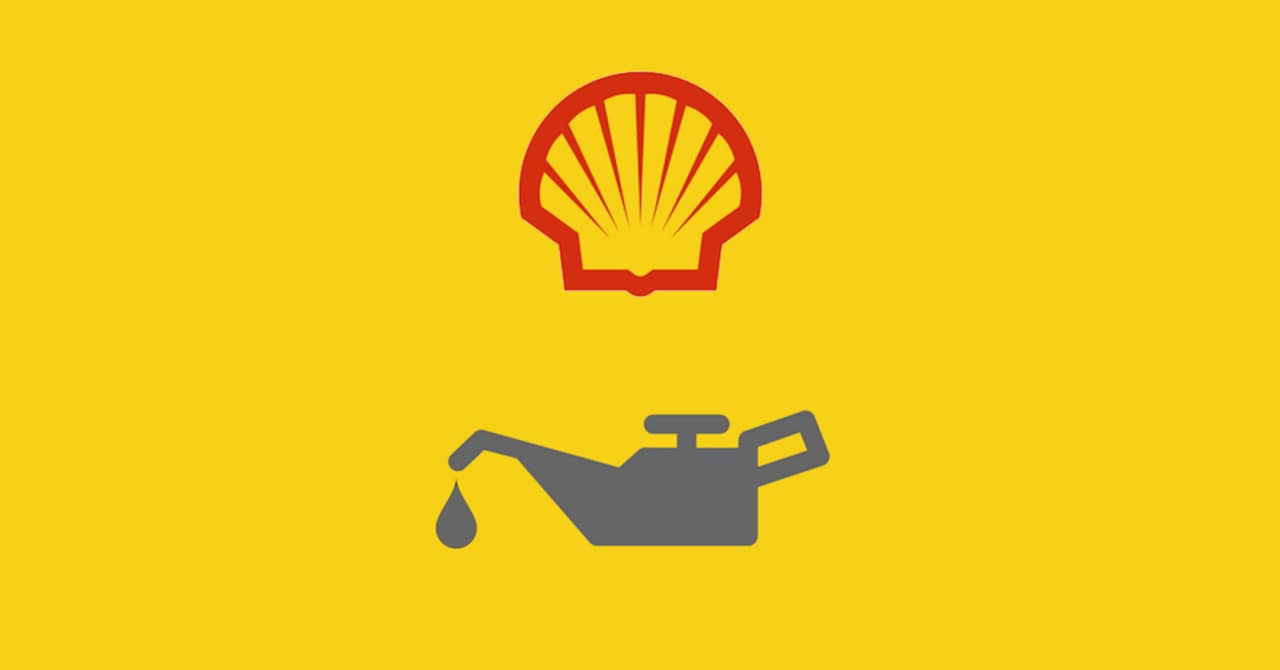I have seen this come up time and time again, but after looking at owner manual information from around the world, on the same car, with the same engine - the US specs the lightest oil and even use words like "you can use this oil, but switch back immediately." Even Scotty Kilmer claims that if you don't use a lighter (0W-16) in your car with variable valve timing, you can damage your engine. As I have seen here, the less viscous weights are driven by the CAFE standards in the US and there is research from the late 90s that was collated by ORNL that 5W-20 is 1.5% more fuel efficient as compared to 5W-30. Even on a hypothetical car that is rated at 30 mpg, this would result in an observed efficiency of 30.45 mpg when switching to the lighter weights. Most of us would never notice the difference.
Here are some engines that I have found different oil specs for the US as compared to the rest of the world:
2ZR-FXE - GenIII Prius (2010 to 2015) US 0W-20; UK Corolla Hybrid 5W-30
M20A-FKS - 2019+ Corolla US 0W-16; UK 5W-20/30
2GR-FKS - 2017+ Tacoma US 0W-20; UK 5W-30
A25A-FKS - 2018+ Camry US 0W-16; UK 5W-30
1) There is absolutely no way that a manufacturer makes a different engine in the US as compared to the rest of the world. This would be cost prohibitive and a supply chain nightmare.
2) Even if you you used the heavier weight oil, you definitely wouldn't damage your engine - the manufacturer has obviously tested multiple grades for wear, longevity, and efficiency.
My guess is that you could use 5W-30 in practically 90% of passenger cars in the US. So why is there such an attitude of "USE WHATS IN YOUR OWNER'S MANUAL, OR ELSE!!!" and why is the language so strong in the US manuals?
Do other countries spec heavier oil for lower emissions?
Here are some engines that I have found different oil specs for the US as compared to the rest of the world:
2ZR-FXE - GenIII Prius (2010 to 2015) US 0W-20; UK Corolla Hybrid 5W-30
M20A-FKS - 2019+ Corolla US 0W-16; UK 5W-20/30
2GR-FKS - 2017+ Tacoma US 0W-20; UK 5W-30
A25A-FKS - 2018+ Camry US 0W-16; UK 5W-30
1) There is absolutely no way that a manufacturer makes a different engine in the US as compared to the rest of the world. This would be cost prohibitive and a supply chain nightmare.
2) Even if you you used the heavier weight oil, you definitely wouldn't damage your engine - the manufacturer has obviously tested multiple grades for wear, longevity, and efficiency.
My guess is that you could use 5W-30 in practically 90% of passenger cars in the US. So why is there such an attitude of "USE WHATS IN YOUR OWNER'S MANUAL, OR ELSE!!!" and why is the language so strong in the US manuals?
Do other countries spec heavier oil for lower emissions?


